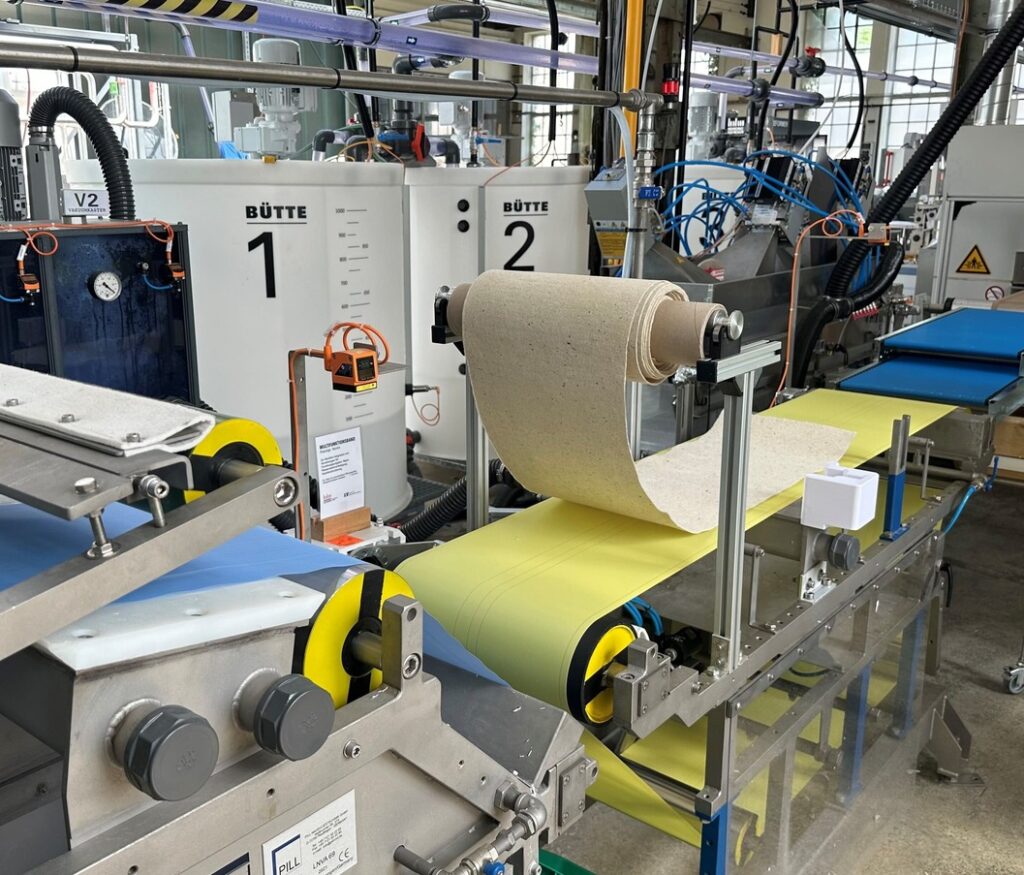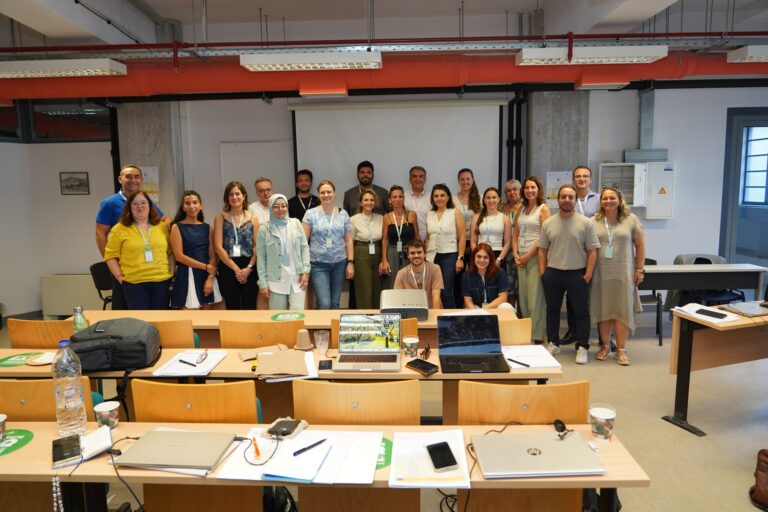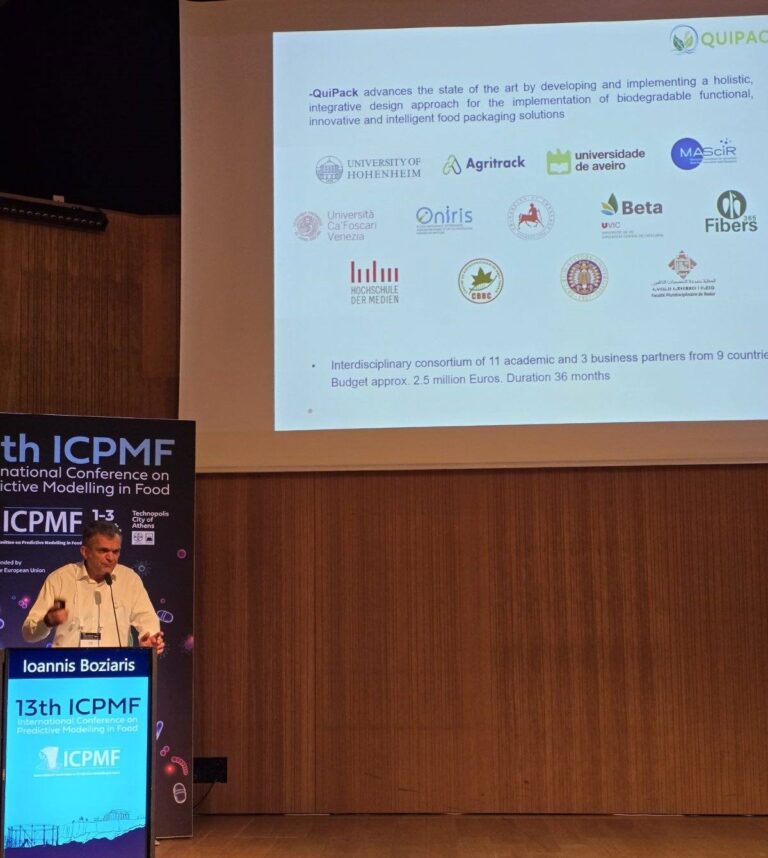Food value chain intelligence and integrative design sustainability criteria
For the development and implementation of innovative food packaging according to bioeconomic sustainability criteria
Bioeconomic Sustainability Principles
Food waste is a particularly growing issue in the Mediterranean region, driven by inefficient packaging, poor storage conditions, and a lack of awareness. This leads to significant economic losses, environmental harm, and growing food insecurity. The consequences are especially critical in a region where agriculture is vital.
To address these challenges, innovative solutions like smart and sustainable food packaging are essential. Such technologies can extend shelf life, reduce waste, and minimize environmental impact, offering a promising response to the region’s food preservation needs.
Here, QuiPack aims to adopt a holistic and integrative approach for the development of smart and functional food packaging solutions that valorise bioeconomic sustainability principles. The main goal being to tackle food safety and packaging sustainability, hence preventing food and economic losses.
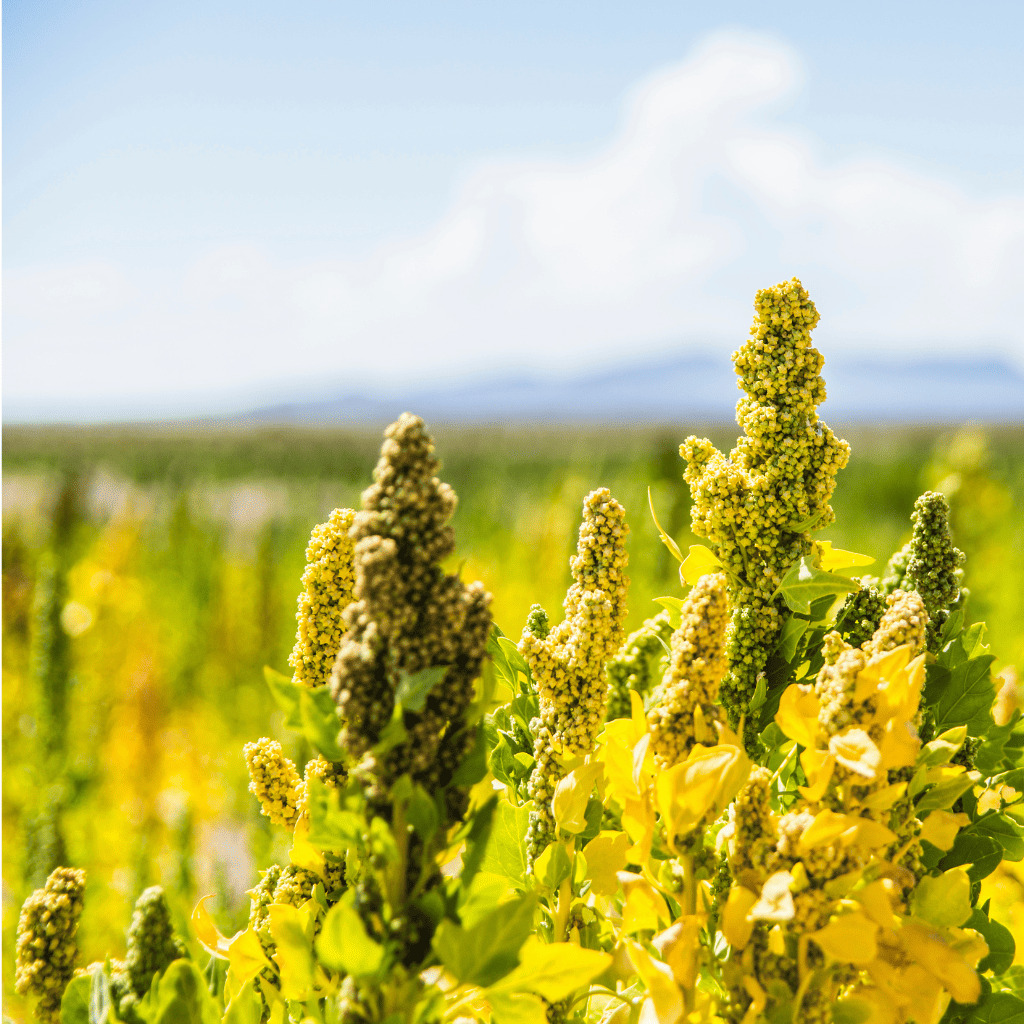
About QuiPack
Mission
QuiPack Mission
Prompted by the need to reduce losses and increase sustainability and safety along the food value chain, and guided by strategies and action plans at international, European, and national level, QuiPack aims to create a holistic, integrative design approach for the development and implementation of functional food packaging solutions.
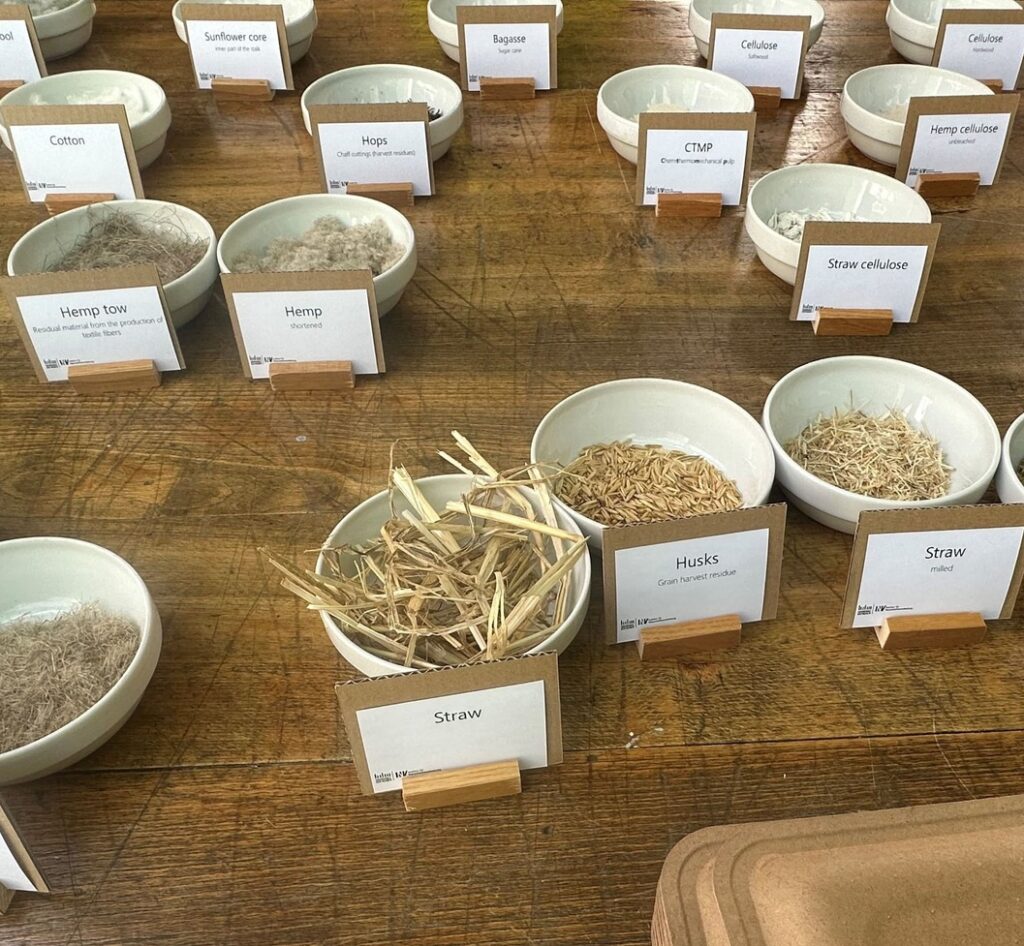
Our Goals & Objectives
Valorise waste
and side streams from quinoa and aquacultural food production
Introduce biointelligent coatings
and packaging materials that meet customer and market requirements in Europe and the Maghreb region
Leverage AI and IoT-powered systems
to enhance food value chain monitoring and decision-making, optimizing food safety, traceability, environmental impact, sustainability, and cost-effectiveness in Mediterranean contexts.
Implement tailored communication
training, dissemination, and consumer studies to accelerate knowledge transfer and adoption, ensuring multi-level impact across the food value chain.

Related Projects

Quinoa4Med
Quinoa4Med (Q4M) brings together scientific partners and societal stakeholders from five Mediterranean countries, as well as quinoa and breeding experts from Germany, in order to upscale quinoa cultivation and valorisation in an integrated and systemic approach. Noteworthy for food and income security of Mediterranean smallholders, Q4M will introduce novel and climate resilient quinoa breeding lines to diversify current cropping systems with the goal of stabilizing overall harvests, recovering and/or enriching soils and in general improving year-round crop production.
